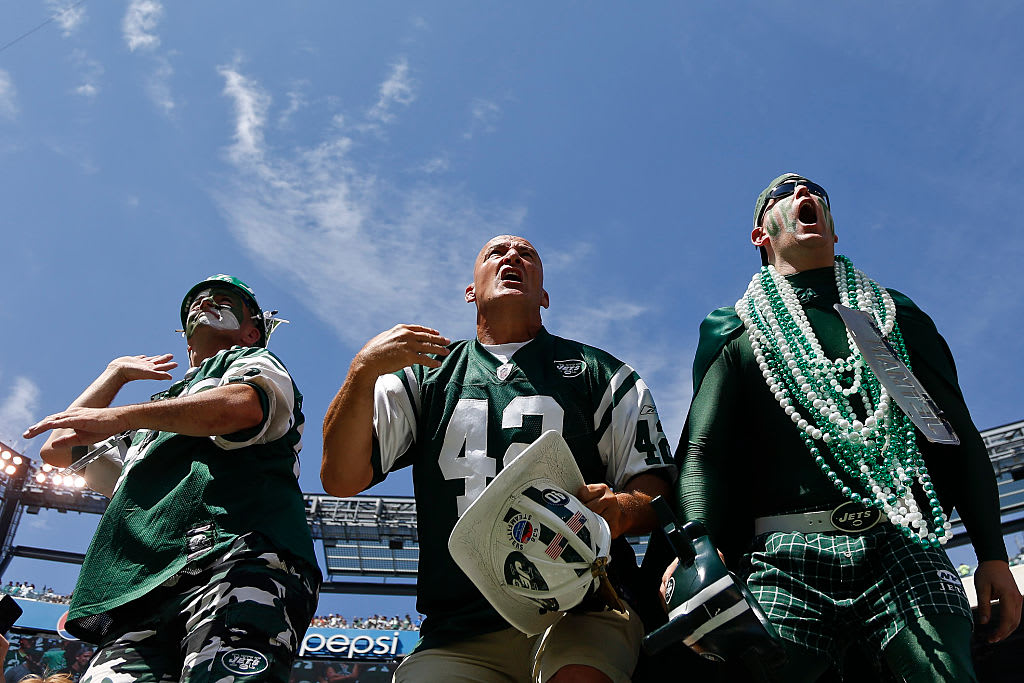Iraq Progress Could Be Major '08 Factor
This story was written by Ben Smith and Jonathan Martin.
Few audiences listened more attentively to Monday's testimony by Army Gen. David Petraeus and Ambassador Ryan Crocker than the 2008 presidential field. And few audiences had more riding on what the two men said.
At the end of the day, the men (and woman) who want to be their party's nominee appeared even more polarized on the subject of the war after a call by Petraeus and Crocker to continue President Bush's surge policy, coupled with the promise of modest troop reductions by next summer.
Democrats mirrored the views of their base by joining hands in unified opposition to the Petraeus/Crocker analysis. Republicans - some of whom had been cool to the troop buildup - voiced their support and attacked the tactics of anti-war activists, particularly a full-page ad placed by MoveOn.org in Monday's New York Times, making reference to "General Betray Us."
For Republicans, some of whom had been sidling ever so slightly away from Bush on Iraq, the hint of even incremental progress was occasion to full-throatedly support the surge - a policy that continues to enjoy strong support among the GOP voters most likely to turn out for next year's primaries and caucuses.
"The governor has been clear that he supports the surge and that he thinks that it's working," said Kevin Madden, a spokesman for former Massachusetts Gov. Mitt Romney, who just last week called the war "a mess."
For Democrats, the White House push to continue the surge was unanimously opposed, despite continuing differences over legislative tactics.
"Changing the definition of success to stay the course with the wrong policy is the wrong course for our troops and our national security. The time to end the surge and to start bringing our troops home is now - not six months from now," Sen. Barack Obama (D-Ill.) said in a statement. "I can only support a policy that begins an immediate removal of our troops from Iraq's civil war and initiates a sustained drawdown of our military presence."
Senators on the Armed Services and Foreign Relations committees, including Hillary Rodham Clinton (D-N.Y.) and Obama, will have a chance to confront Petraeus and Crocker at hearings Tuesday. Obama will offer his views on future Iraq policy in Clinton, Iowa, on Wednesday.
There were chinks in the unified front, however. Former North Carolina Sen. John Edwards continued to press his two chief rivals, and the rest of the Senate, to take a more confrontational stance toward the Bush administration and to block any funding for the war that doesn't come with a timeline for withdrawal.
In a debate televised on the Spanish-language channel Univision on Sunday, Edwards spoke caustically of the Petraeus report, calling it "basically a sales job by the White House."
Connecticut Sen. Chris Dodd took a similarly hard-edged line. "The fact that there are questions about Gen. Petraeus' report is not surprising, given that it was brought to you by this White House. In contrast, independent report after report indicates that the whack-a-mole strategy has made this the bloodiest summer of the war. And by the general's admission, the so-called surge has not achieved its goal of political progress," Dodd said in a statement Monday.
New Mexico Gov. Bill Richardson used the long-awaited hearing to again try to draw a distinction with his opponents on Iraq. The leading candidates have been loath to detail actual withdrawal plans, and many of their advisers imagine withdrawing American troops over a period of years to attempt to avoid massive Iraqi bloodshed.
"I have challenged the other major Democratic candidates to tell the American people how many troops they will leave in Iraq and for how long," Richardson said in a statement. "The other major candidates have suggested that they will leave some troop behind indefinitely. That idea does not make sense."
It's a distinction that does not seem to have gained traction within the Democratic Party's debate, however. That's in part because of the messenger: Richardson has been mocked as a "buffoon" on some blogs that are central to the anti-war left that could help carry his message.
The candidate with perhaps the most to gain from the Petraeus/Crocker report is Arizona Sen. John McCain, who issued a statement Monday calling the MoveOn.org ad a "McCarthyite attack."
McCain has been a vocal backer of the surge policy and has pushed for a larger troop footprint in Iraq for years.
Now McCain is trying to "triangulate" the issue. After taking a beating for opposing his party's base on immigration reform, he wants credit from true believers on Iraq. But he's also creating space among independent-leaning voters dissatisfied with Bush by making clear that he - and only he - is among the Republican candidates who criticized the administration for its war policy in the early-going of the conflict.
In New Hampshire last week, McCain said he would lead the fight for the surge in the Senate while at the same time branding Donald Rumsfeld "one of the worst secretaries of Defense in the history of this country."
Romney, meanwhile, has been taking an opposite strategic tack: subtly seeming to give himself an escape path should the surge turn into disaster.
At last week's New Hampshire debate, he continued with his wait-and-see rhetoric on the surge only to have McCain slap him down ("Governor, the surge is working"). Of all the GOP hopefuls, Romney has been the most restrained in his support for the policy. He's long said that it has just a "reasonable" chance for success, and he said at the debate - in the comment that McCain pounced on - that it was "apparently" working.
But not wanting to anger a party base that is hungering for success in Iraq (and anywhere, really), Romney has sought to shift the issue onto more comfortable turf and has done some triangulating of his own so as not to be labeled insufficiently hawkish by McCain or anybody else.
"Some of these guys are so anxious to declare defeat that they're not willing to look at the data," Romney said of Democrats to a group of Iowa Republicans on Saturday. Their language is "dispiriting, disgraceful [and] obviously discouraging to our troops."
When asked specifically about the troop buildup, former New York Mayor Rudy Giuliani has echoed Romney's strategy of minimizing his identification with the specific policy before pivoting toward an attack of Democrats for not supporting the troops.
"The surge appears to be having - and this again comes from even people who are opponents of it - appears to be having success," Giuliani said on the Laura Ingraham radio show late last month, before noting that the opposition party is pushing "pessimism and defeatism."
In a statement released Monday, it was much the same.
"The Democrats and MoveOn.org are doing a disservice to Iraq's long-term future by jumping to political conclusions," Giuliani said. "These times call for statesmen, not political rhetoric."



